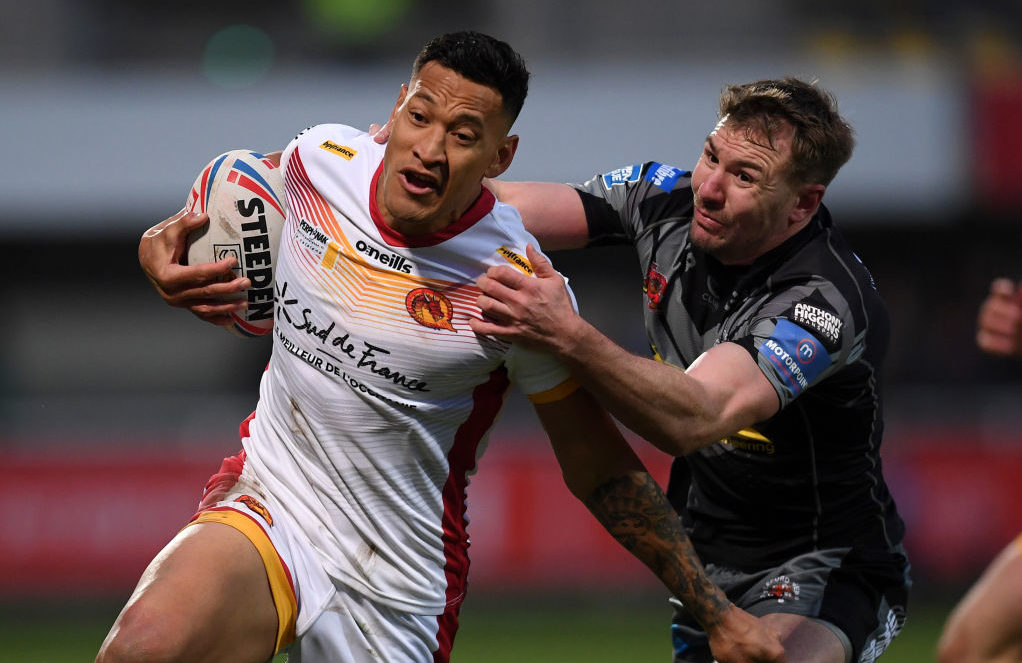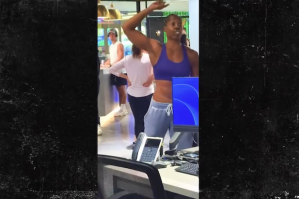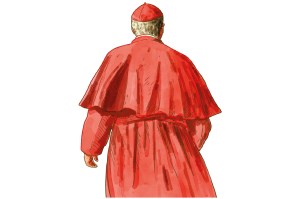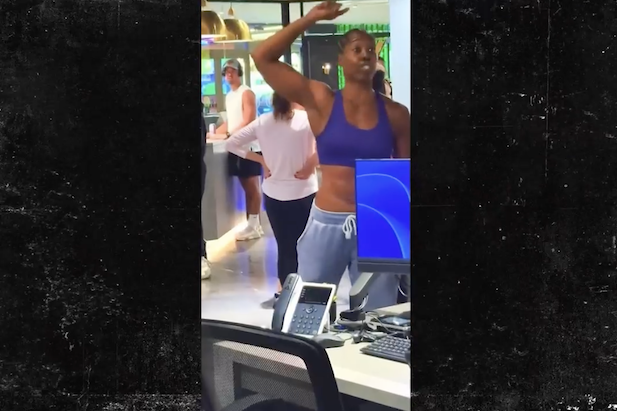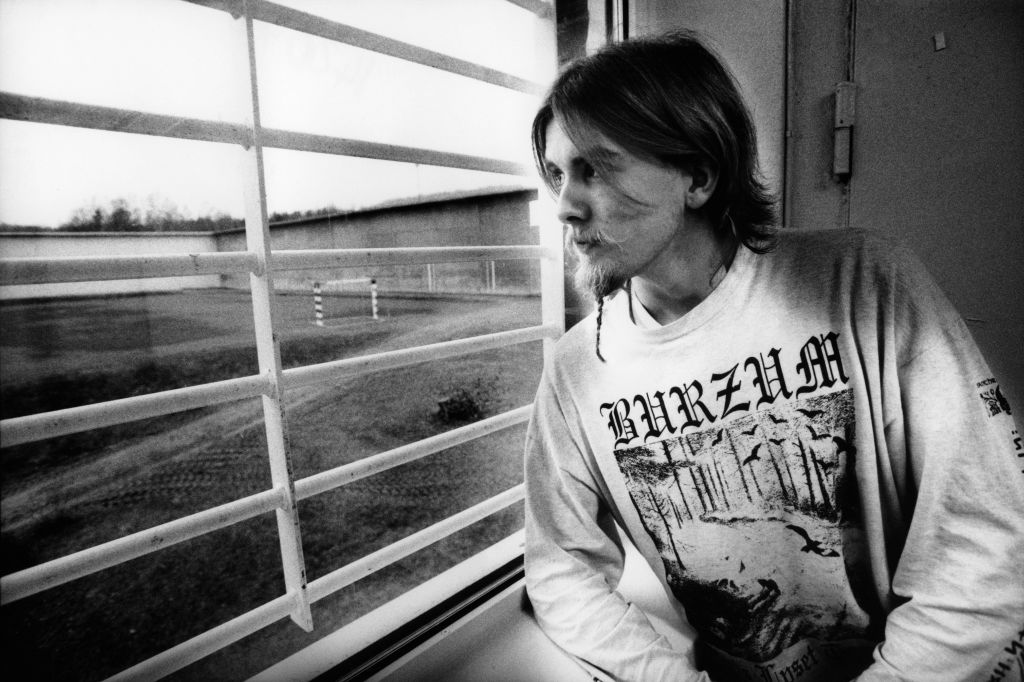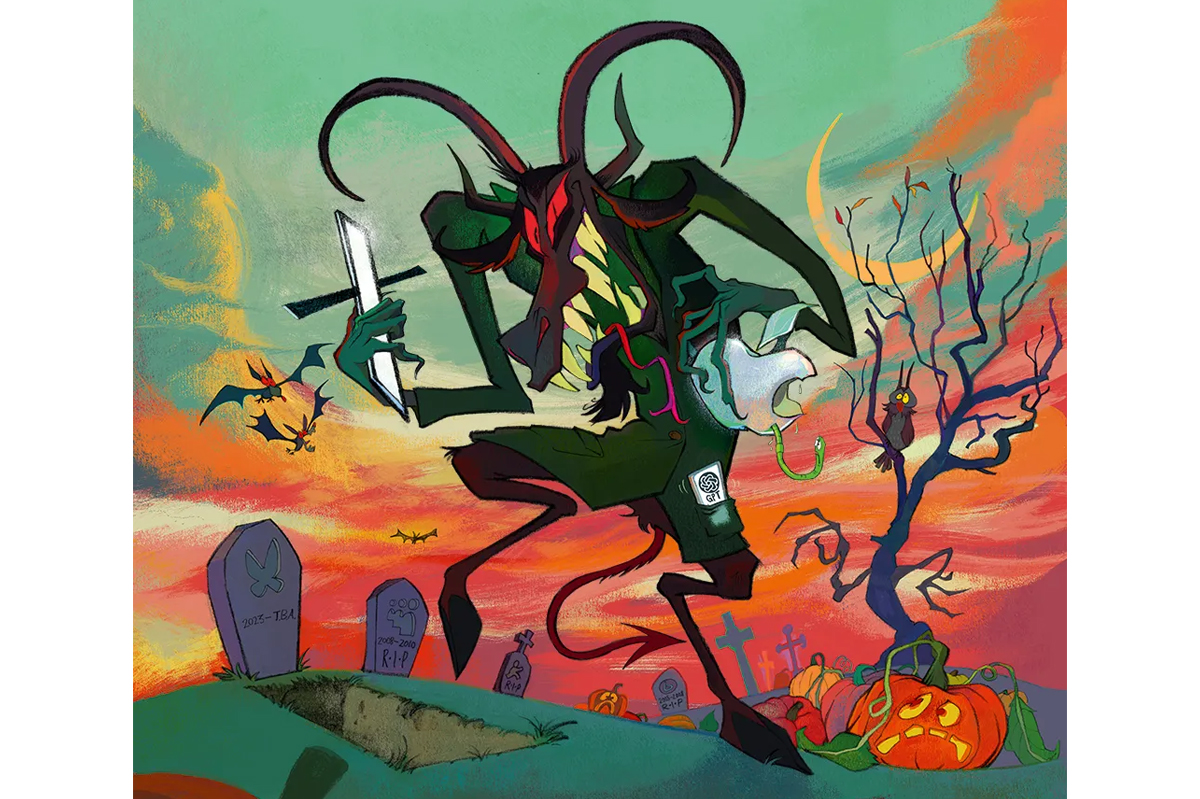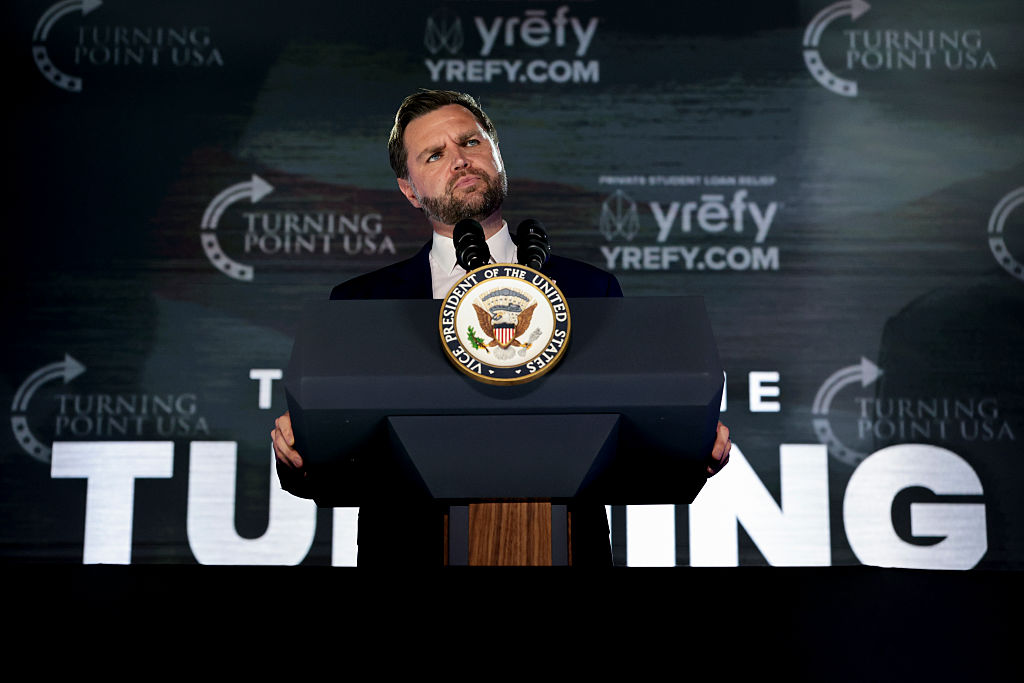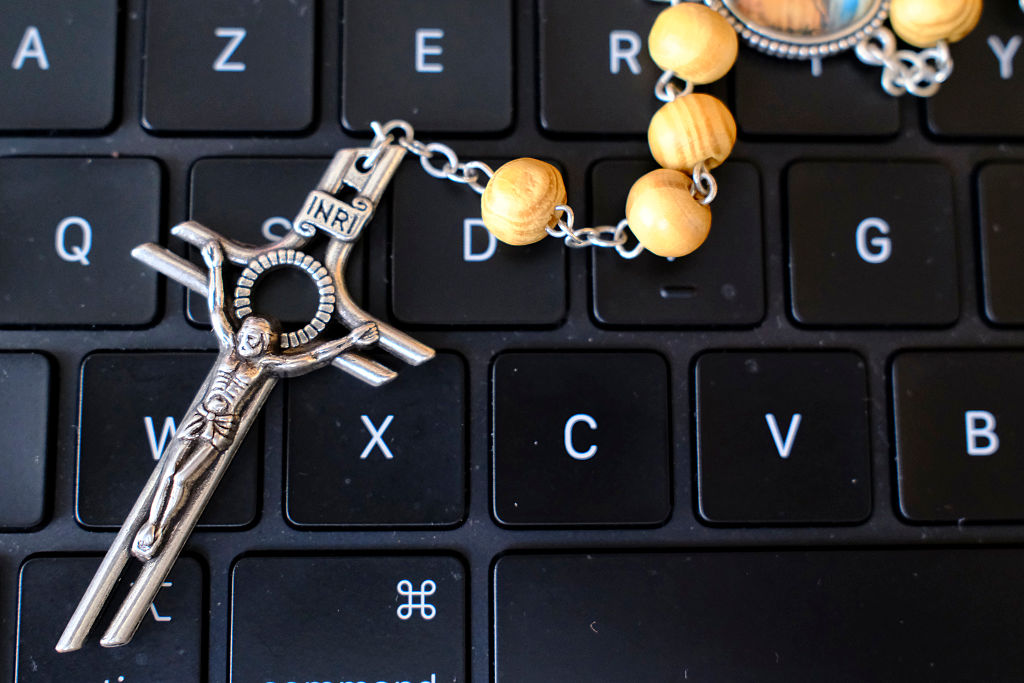This article is in The Spectator’s March 2020 US edition. Subscribe here.
At the end of January, the owner of Hull Kingston Rovers — an English rugby club that plays in the multinational Super League — wrote to the Catalans Dragons, a French club in the same competition. He explained that he would sue for damages if Hull experienced any financial loss as a result of the Dragons’ decision to sign the Australian player Israel Folau: ‘For example, if a title sponsor withdraws, or external investment is not secured, or quantifiable reputational damage is caused to the brand of Super League and its members.’ According to one source, ‘nearly all’ the Super League clubs felt the same way.
What is it about the 30-year-old athlete that causes such consternation? After all, Folau isn’t just a world-class rugby player who has played for the Australian national team. He’s also a second-generation immigrant, born to two Tongan parents.
The answer is that Folau is a devout Christian, and he’s posted some politically inflammatory things on social media. In 2017 he dissented on Twitter from the Australian national team’s endorsement of same-sex marriage. In 2018 he said that he thought homosexuals would go to hell unless they repented of their sins. In 2019 he advised supporters of transgendered people to ‘turn away’ from their ‘evil ways’.
These comments resulted in Folau being branded a homophobe and a transphobe, but that seems a little uncharitable. If he hated homosexuals and transgendered people, why would he try to prevent them from going to hell? Given his fundamentalist Christian faith, a more likely explanation is that he felt morally obliged to warn members of those groups that they’d face eternal damnation if they didn’t change their behavior. You may think he’s mistaken, but it doesn’t follow that his motives were bad. It’s worth bearing in mind that in 2019 he also said that drunks, adulterers, liars, fornicators, thieves, atheists and idolators would go to hell unless they turned to Jesus.
Even so, Rugby Australia terminated Folau’s contract last year, on the grounds that he’d breached its policy of ‘inclusiveness’. In a move rather surprising for an organization devoted to open-mindedness, its CEO said that she would have fired him if he’d ‘photocopied Bible passages’ and posted them on his social media accounts.
In June, Folau announced his intention to bring legal proceedings against the organization under section 772 of the Fair Work Act, which makes it unlawful to fire someone because of their religion. He launched a campaign on GoFundMe, but two weeks later was kicked off for allegedly promoting discrimination and exclusion. Folau launched a second crowdfunder with the help of a group called the Australian Christian Lobby. He raised AU$2 million in two days. Clearly, not all Australians thought their rugby governing body should have terminated his contract because his religious views ran foul of its progressive values.
In August, Folau brought his case before the Federal Circuit Court of Australia and three months later increased his compensation claim to AU$14 million, arguing that he would have ended up captain of the Australian team if he hadn’t been canned. The hearing was set to become a major battleground in the culture war, but the two sides reached a settlement in December in which they each apologized to the other for ‘any hurt or harm caused’. This wording implies they were both accepting a degree of liability, but according to the Daily Telegraph Folau received a payout of AU$8 million. Rugby Australia’s CEO dismissed the report as ‘wildly inaccurate’.
You’d hope this would draw a line under the affair but, to paraphrase Mark Antony in Julius Caesar, the evil that men tweet lives after them, while the good is oft interred with their bones. Folau has declared his commitment to diversity and inclusion and he moved to Europe to make a fresh start, but the panjandrums of the Super League seem intent on making life as difficult as possible for him. Robert Elstone, its Chief Executive, told the BBC he thought the League had come ‘to the wrong conclusion’ in allowing the Catalans Dragons to sign him.
To advertise how little sympathy it has with Folau and his supposedly toxic values, one Super League team has said its next game against the Catalans Dragons will be a celebration of inclusivity. Another has designated its match with the club a ‘Pride Day’.
What’s so disappointing about these continuing efforts to shame Folau and end his rugby career is that he’s repeatedly said his views about homosexuals and transgendered people aren’t motivated by personal animus, and that he supports efforts to end discrimination against them. In addition, by securing what is almost certainly a generous settlement from Rugby Australia — even if not quite as generous as the Telegraph claimed — he’s effectively demonstrated that the law is on his side and that he’s been the victim of discrimination himself. If Super League rugby really is such an inclusive sport, why can’t it accommodate people whose religious views put them at odds with the prevailing moral orthodoxy? The answer, of course, is that some forms of nonconformity are protected in western society, while others provoke merciless persecution.
This article is in The Spectator’s March 2020 US edition. Subscribe here.



